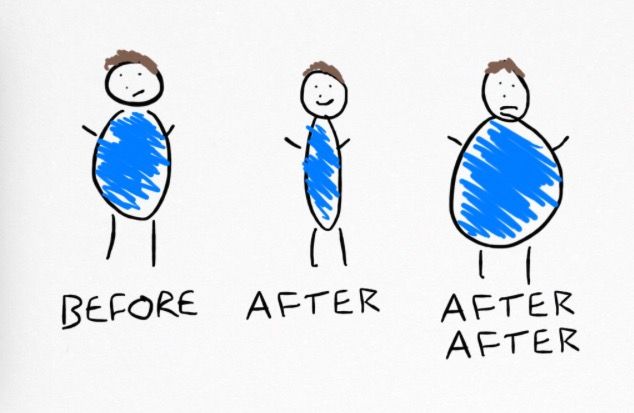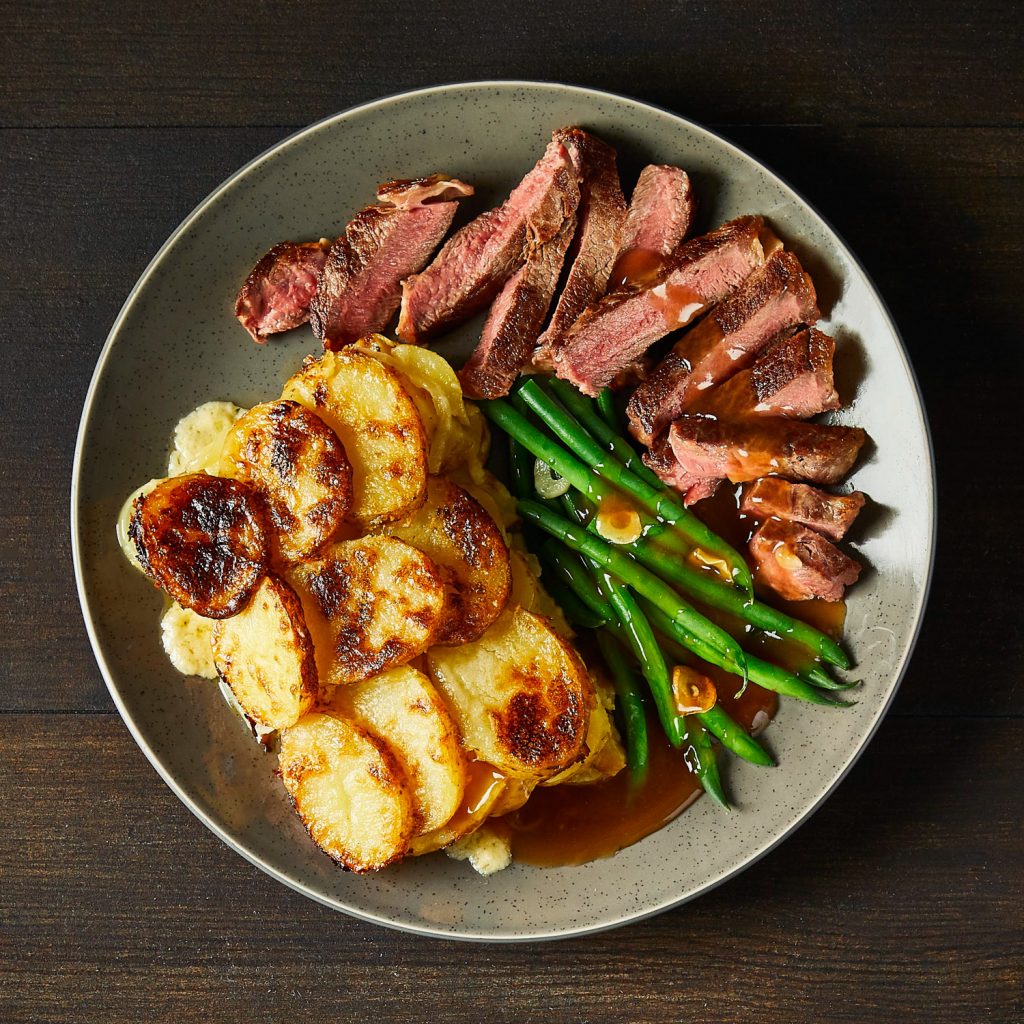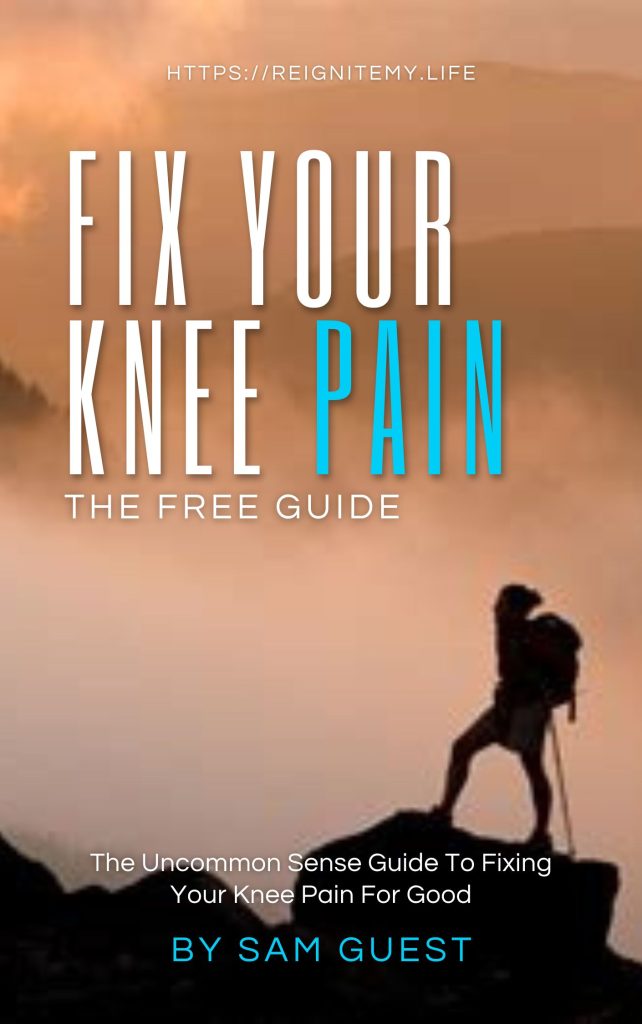90% of all dieters will have regained any weight lost within 5 years.
90%!!
I don’t know about you but that doesn’t look like success to me.
Why the hell would you work so hard to lose all the weight only to put it all back on again?
Turns out this is really nothing to do with your willpower, but that oldest of human instincts, survival.

Back when humans were chasing mammoths and mastodons on the plains of Africa, fat was an extremely precious resource. It was hard to put on and even harder to keep hold of. The constant cycles of famine, combined with lots of physical exertion just to stay alive, meant a fat human was hard to find.
In those days energy was scarce and so the more fat the body could store the higher your chances of survival long term as you were better able to withstand the inevitable periods of famine and starvation.
So when the body dropped fat it immediately did everything it could to regain it, changing the expression of genes and making a whole host of other changes to prioritise the regaining of fat stores.

These fat regain mechanisms are EXTREMELY powerful and highly effective, which in those days was a good thing as without them we wouldn’t be here to discuss this today. So it also seems logical that evolution favoured humans who were able to regain fat faster meaning most of us alive today are VERY efficient at putting weight back on after a period of weight loss.
Now I’m sure you’ve spotted the sting in the tail here…our body still thinks we’re living in those times. So when you drop weight those same hugely powerful mechanisms kick into place to ensure you regain the weight right back again.
Lets look at just one of those mechanisms: Metabolism
You will suffer a 15 calorie reduction in Resting Metabolic Rate (RMR) for every kg of fat lost. RMR is the amount of calories your body will burn in a day if you just sat around doing nothing all day.
At the same time due to hormonal and neuronal changes the drive for food and hunger increases (ever been really hungry and then eaten something bland which tastes delicious? That’s the neuronal changes of post fat loss weight regain in effect).
Again, come back to a post famine survival situation. It makes perfect sense your body wants you to eat more as by putting on fat its more likely to survive the next famine.
Let’s break this down so you can really see what I’m talking about.

This post fat loss drive to eat can equate to as much as an additional 100 calories a day.
So when we combine that with the reduced RMR we talked about earlier we get some pretty shocking figures.
So if before you diet you have a RMR of 2000 calories a day.
Now you go on a diet and lose 20kg, we’ve already seen how for every kilo lost your RMR reduces by 15, so now your RMR is only 1700, or a 300 cal reduction in RMR.
Your drive to eat however has gone up by 100 calories and now sits at 2100.
That puts you at a 400 calories negative a day (which is roughly 2 -3 pounds of fat added a month).
Now it can take anywhere from between 4 – 12 months for your body to come out of this Post Fat Loss Weight Regain Phase and until you get there you will be fighting the most powerful instinct in nature to try and stay lean…survival.
To give you an idea of how powerful this instinct is try holding your breath until you pass out, can’t do it right? The instinct to breath just becomes too strong. This is the same instinct you’re trying to fight in the post fat loss phase so good luck if you’re relying just on willpower.
And this is just one of many mechanisms your body has to ensure you regain weight. So any program which isn’t taking care of you once you’ve lost the weight and giving you strategies for how to overcome this is almost certain to fail in the long term, remember, 90% of people will have regained all the weight in 5 years and this is why!
Now obviously you are not powerless in this stage, there are things you can do, some people do keep the weight off for good, it’s just not common.
One of the mechanisms we can look to control are the hormones which control satiety and hunger. These hormones go by the name of Ghrelin (the hunger hormone) and Leptin (the satiety hormone). Now after you’ve lost a lot of weight Ghrelin increases while Leptin decreases so you are constantly hungry and never feel full, yet another mechanism your body uses to help you to regain lost fat stores.

By tilting these back in the right direction you can gain control over your hunger signalling.
An easy way to do this?
A few times a month during the post fat loss weight regain phase have a massive breakfast of fermentable carbs and protein…so cold potato and steak works great.
When I say massive I mean between 60-80% of your total calories for the day, you should feel really full after this and that satiety and stomach distension will start to rebalance your Ghrelin and Leptin levels in a more favourable direction.
So when I work with clients once we’ve got them to their target weight I ensure they fully over come these mechanisms using every hack and technique at my disposal (and I have a lot!) and so convince their body that their new, current weight is the weight it now needs to maintain going forward and ensure they keep the weight off for good.

